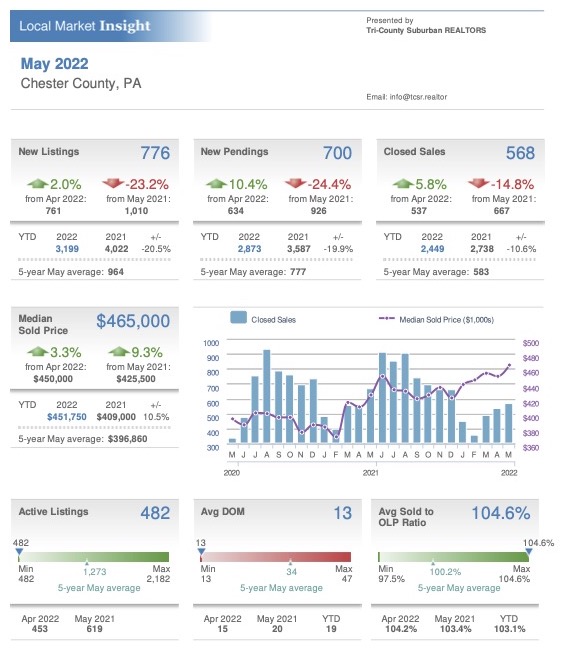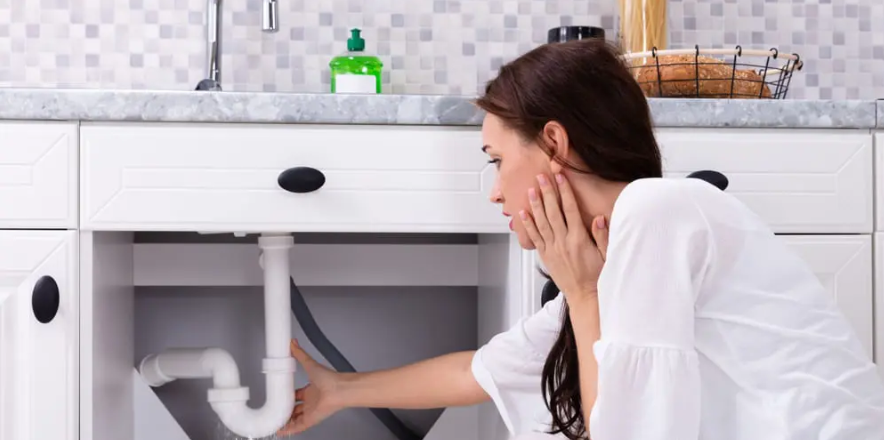Five Things to Consider in a New Neighborhood

In most home buying situations, you are not only purchasing a house, but you are also buying the neighborhood. There are many factors you cannot control, but to avoid regrets, consider these five things while house-hunting:
-
Affordability: The mortgage payment is an important part of your budget, but keep in mind that property tax is normally added to your monthly loan payment. Property tax is based on the assessment value of the property. The assessment value depends on different factors, and the home’s location is number one. Ask your Realtor® for past tax information, but the house may be reassessed after closing.
-
How you live: Satisfaction with your home’s location will depend on the general area. Are you a pet lover with four dogs? You need a pet-friendly community. Is your family a large one with lots of noisy backyard activities? Look for active families in the neighborhood. Do you need close access to theaters, restaurants, or shopping? Your new home does not need to be a long commute to things you love.
-
Schools: Communities in a high-rated school district normally have homes with higher price tags. As a parent, buying a home in a good school district is an investment in your child’s future, and if you do not have children, it is a wise financial investment as your home should at least keep its value as time goes by.
-
Safety: Everyone wants to feel safe in their home. Several websites offer crime stats, but it may be best to contact local law enforcement for current information about the area.
-
Utilities: Is high-speed internet or natural gas available in the neighborhood? Does your water come from the municipal water supply or a well? Your agent should have all of this information for you but asking the homeowner if they are willing to share how much they pay in monthly utilities will help you plan your monthly budget.
Performing some “home” work is probably the best way to learn more about a community. Drive through at different times during the day or take a walk and pay attention to the sights, sounds, and–yes–smells of the neighborhood. You will be spending a lot of time there and being content in your new home is the most important location factor of all!
Courtesy of Chester County PA Realtor Scott Darling.
Photo credit: RE Express







